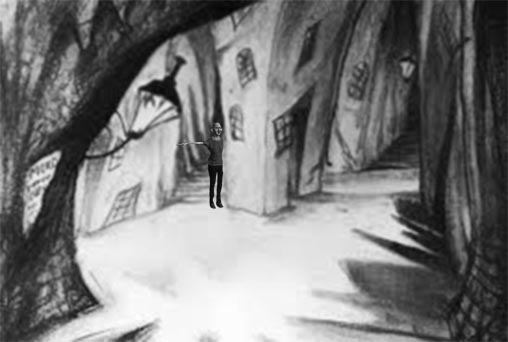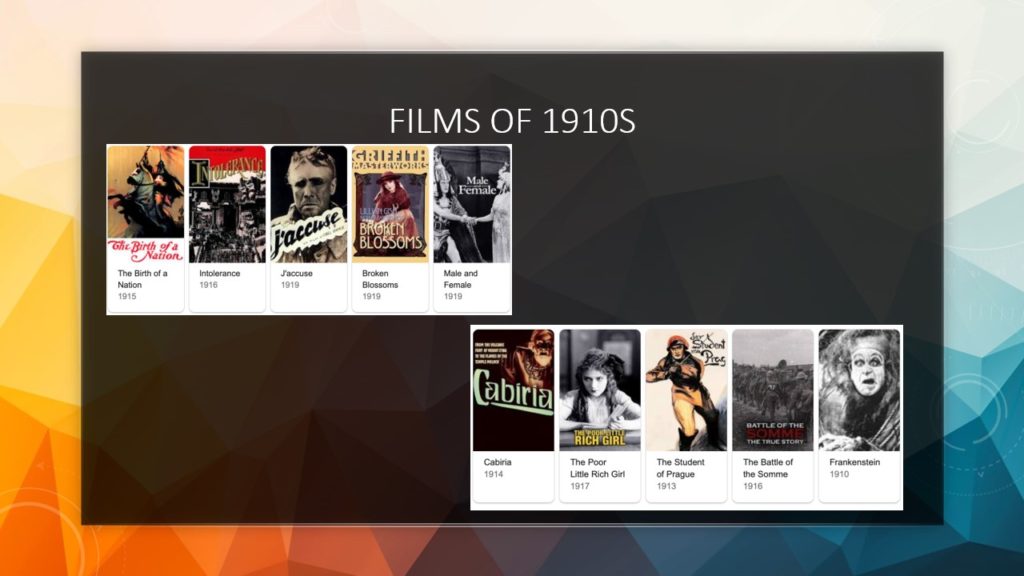| Area of Film Focus | Film 1 | Film 2 | Topic for Comparative Study |
| Film Genre and Film Style: Heist | Baby Driver (2017) | Italian Job (1969) | How has the genre has changed over time – heist. |
Look at the Christian Metz film theory
| Area of Film Focus | Film 1 | Film 2 | Topic for Comparative Study |
| Film Genre and Film Style: Heist | Baby Driver (2017) | Italian Job (1969) | How has the genre has changed over time – heist. |
Look at the Christian Metz film theory







In my edit I used tonal and metric. I used metric montage in the middle of the sequence as 3 shots that are all 1.18 seconds long; this emphasises the fast paced editing style. I used the tonal montage just after the bike starts and it cuts to Micah wondering what that noise is (the bike starting) as this creates confusion as he wonders what is that noise? Where is it coming from? And why is someone leaving early?



I made this character in Adobe Fuse and I made it look as weird as possible but still somewhat realistic. I got some inspiration from the monster from The Goonies. I combined this from characters that were in The Cabinet of Doctor Caligari. I then Photoshopped my character into a scene from The Cabinet of Doctor Caligari.

The Mise-en-Scene in The Cabinet of Dr Caligari is very abstract for the time with the doors and windows being stretched and more triangular than in real life. The whole set was painted in colours that the design team knew would make the set very contrasty when shot in black and white.

At the time editing your film was a big thing to keep audiences interest and attention. Dr Caligari was shot using 6 rolls of film so had 6 parts so the audience had a break while the projection team changed the roll of film. The shots were edited together through an iris effect where the frame slowly goes black but stops on a subject for a couple seconds before the frame goes all black. This was normally used to change scene or feeling. The other cut that was used a lot in this film was a jump cut to show the tension raising during the film.

My favourite scene from Citizen Kane is during the early stages of the film where the camera is shooting Kane as kid playing in the snow, it then tracks back through the window to see the parents and man talking about him. It continues to track back through a table. This scene was revolutionary because the cinematographer walked “through” the table. This was achieved by the table separating then re-joining as the table comes into shot. The reason I like this shot some much is because at the time this would have been a hard shot to get and that it flows so well.
The reason it was so hard to get at the time was that the technology often limited to the kind of shots they could get. They didn’t have any form of stabilisation and really heavy cameras, yet the shot is so smooth.
If this shot was to be recreated nowadays they would use a gimbal and probably 2 or 3 camera operators as one would film the boy playing then he would walk back and pass the camera on the gimbal through the window to another cinematographer who would walk back towards the table and pass it to another cinematographer who is on the other side of the table. The first two camera ops would have to hide (up against a wall or lie on the floor) to make sure they are out the shot. This is how a “cheaper” film would be done, if they didn’t have access to a studio or a props maker. If it was made for a big budget film it would be shot in a studio and would probably be shot with a crane and one camera op and would have the table separate even though it wouldn’t need to but it means the camera would have move space and been able to get lower when on the crane.
Both modern and old films would have had issues with the audio during film however, Citizen Kane was one of the first films to use sound and the technology to record it was poor so the audience wouldn’t have been to bothered if they heard some noise when the table separated. Though they probably would have done a separate take just too record audio as cameras couldn’t record audio and video at the same time. However, if you heard this noise during modern films the movie would be attacked by critics for being poor but now days we record audio with the cameras but only to sync up the audio and video when we add in our foley and recordings from the separate audio equipment. The original audio track that was recorded with the video will then get deleted during editing and stored as a last resort if the other audio tracks are really poor.
The shot from Citizen Kane flows so well because the shot is smooth and moves in a way that is similar to our eyes and it makes us feel as if he are standing in the corner of the room.
Another reason this shot is amazing is because of the framing inside the frame, how the farther (to the left) is standing in a doorway a couple feet back from the mother and man who are seated at the table. But the best use of framing in this scene is how the boy playing outside is perfectly central in the window and it makes it look like it could be a photo on the wall.
I feel like the project went well as we achieved a shot that is similar to a shot from Citizen Kane with our own twist to it. I think the shot looks smooth and flows well. We achieved this as we shot the video with a gimbal. During editing I put the audio down to -10dB so you focus on the video and not the sound. I then took out all the vibrance and saturation and then corrected the shadows and highlights to make sure it is well exposed. I then took away so contrast to try to emulate the film look even further. Finally, I added an 8mm film grain overlay and blended it over the shot.
I think we could improve it by putting the camera on the end of a longer arm so we putting the camera right next to the hand-rail at the start of the shot. I would also use different camera settings as the shot was shot in 4K at 60fps (frames per second) this means the the quality of each frame is very high and the high frame rate means that everything is sharp and there is no motion blur and old cinema cameras from when Citizen Kane was made would have shot it in 24fps at a resolution around 480p or possible less. If I was to re-shoot this I would change the settings to be 720p (HD) and the frame rate to 24fps. Finally, I would try to control the lighting more by using a studio light without the softbox or any (minimal) diffusion to achieve a harsh lighting look similar to Citizen Kane.
M:\Students\Year 12\James Anthony Rouault\Film\Kane Task\Edit
Which Techniques we are using (from list)
Extreme High/Low Angle
Where are we shooting (Location)
On the stairs outside art
Who are we shooting (subject)
We are shooting Charles as he walks up the stairs.
What specific meaning are we trying to achieve in relation to story telling
To create a scene similar to one in Citizen Kane and to show how different types of shots make Charles look more powerful
It was the first film to have 12 reels of film (most films were 1/2 reels) and it was around 3 hours. It is considered to be the first feature length film. It was about a controversial topic that had recently been in the news, which attracted a large audience. It was a silent film however when shown in the cinema they used a theater organs to play a score.

The film is so controversial now as it was about racism and it brought back the KKK as before the film they had almost died out but since the release of the film the KKK grew to around 4 million people. They freed slaves are represented as threats to the economy and society in general. They did not have enough (and didn’t want to use) many black actors so they painted some white actors in black paint to increase the numbers of them.
They were directors of slapstick comedy films. They also did a lot of their own stunts, which were dangerous and if not prepared perfectly they could die. They were their own actors in their films. They were shown from the perspective of the poor as more people can relate to this. Keaton got kicked out of the studio he worked for as his films cost too much to make and did not earn enough at the box office to justify them.










